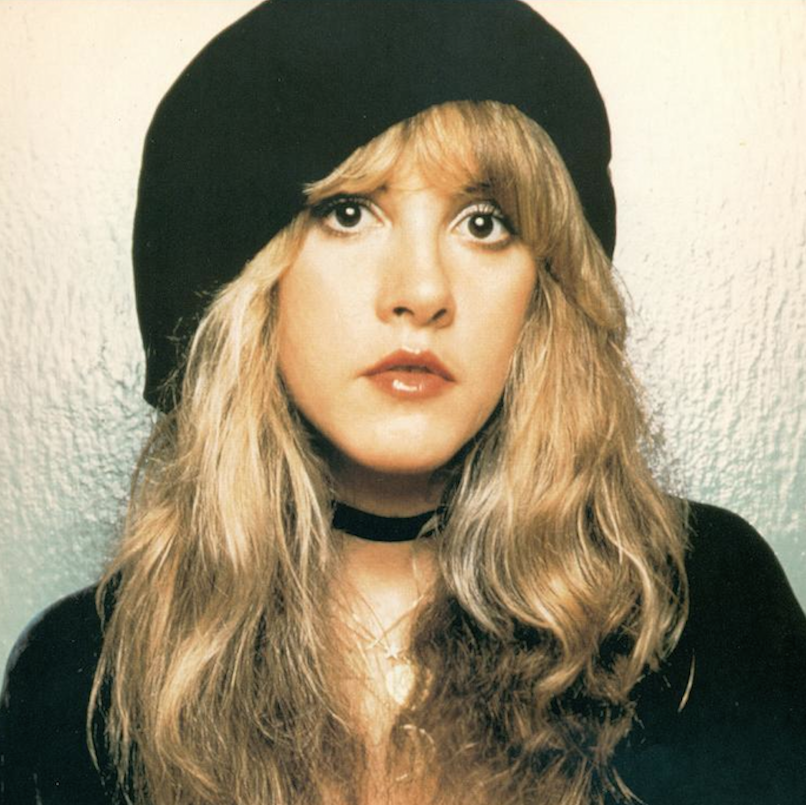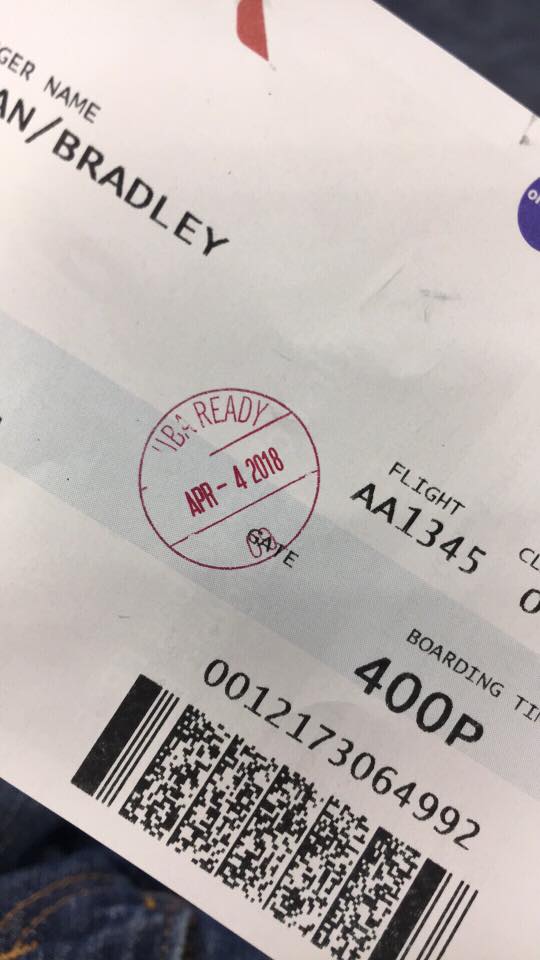Now Playing
Current DJ: DJ M-Dash
De La Soul Potholes in my Lawn from 3 Feet High and Rising (Tommy Boy) Add to Collection
Requests? 773-DJ-SONGS or .(JavaScript must be enabled to view this email address)
 wiritten by Kyle Sanders
wiritten by Kyle Sanders
If there's one thing I've learned in life, it's that "time makes you bolder." And Stevie Nicks is getting older, too. Yes, this year the Gold Dust Woman turned 70 on May 26th, and as a musician "taken by the wind" she seems to show no signs of slowing down.
The band that made her a household name, Fleetwood Mac, is about to embark on another tour (albeit sans guitarist Lindsey Buckingham), and earlier this year she and her band mates received the MusiCares "Person of the Year" award. Nicks even became "meme-worthy" when her song "Dreams" was included on a meme that went viral.
Looking back on her forty-five years in the music industry, Nicks has proven herself a fashion icon, a musical influence for aspiring female musicians, and one of rock's most celebrated songwriters. She's responsible for such enduring hits like "Rhiannon," "Landslide," "Dreams," "Gold Dust Woman," "Edge of Seventeen," and "Stand Back," but she has also written many other songs that are as valuable as any of those other classic rock mainstays.
In honor of her 70th birthday, here's a list of Stevie Nicks deep cuts (listed in chronological order):
The only Nicks-penned tune with ex-boyfriend Lindsey Buckingham on lead vocals, "Crystal" has popped up multiple times throughout Stevie's career, first introduced on the Buckingham Nicks LP, then as a track on the duo's debut with Fleetwood Mac in 1975.
Almost a bookend to Nicks' classic "Landslide," the lyrics showcase a theme of reflection and emotional growth: "How the faces of love have changed turning the pages / And I have changed, oh but you, you remain ageless..."
Nicks would ultimately dust off this song some twenty years later, as a contribution to the Practical Magic soundtrack, this time with her own weathered voice as lead.
 Words and Pictures by Bradley Morgan
Words and Pictures by Bradley Morgan
In April, I took a trip to Cuba. I have some friends who had visited and I consulted with them when I was planning my trip. They told me about all the fun they had and gave me recommendations on how to make the most of the trip. Going to Cuba just sounded so exciting and carried a certain level of danger, intrigue, and sex appeal because it is such a taboo for Americans. This trip, for me, would be an opportunity to further understand my identity as an American and my relationship with a world unknown to most Americans.
It is very easy to travel to Cuba. You can fly directly from the United States (I flew out of Miami) and obtaining a tourist visa is as easy as entering your credit card information on a travel site. A visa is obtained by making a specific declaration of your intended visit whether it is for education, to visit family, journalism, or whatever else. What declaration you make in this process determines what is legal and illegal for you. For me, my declaration was to support the Cuban people. This meant that I had to spend at least six hours a day going to places and doing things that benefited the people and not the government. This meant not staying in hotels, going to museums, and not lounging at the beach all day.
Welcome to Music and Malt, a series that examines the intersections where music and beer meet in Chicago.
by Rebecca Suzan
I've discovered a lot about Chicago since relocating here from New York City 9 months ago, but locals' reaction to the nickname "Second City" has been the most telling. The epithet places their city squarely within the long shadow cast by the Big Apple, but Chicagoans don't bristle at the comparison - they lean into it. I spoke with native Illinoisan JP Pfäfflin, social media manager for Dovetail Brewery and former publicist for Bloodshot Records, and learned that the craft beer and music scenes in Chicago epitomize the "bigger isn't always better" ethos.
RS: Is there a natural connection between music and beer?
JPP: The connection between music and beer is a David and Goliath story. Walking into Best Buy and seeing an endcap of Justin Timberlake CDs is the same as walking into a convenience store and seeing an endcap of Busch Lite. You've got the major music labels [Universal Music Group, Sony Music Entertainment, Warner Music Group] and the major brewing companies [AB InBev, Molson Coors, Heineken International] and they've got the money to get those placements for their products. There are 5,000 independent brewers in the US - higher than before Prohibition - so there's even more limited cooler and tap space for those brands. It was the same with the artists at Bloodshot [Records]. The label is well-respected and well-recognized, but it was difficult going up against the major labels and getting radio play.